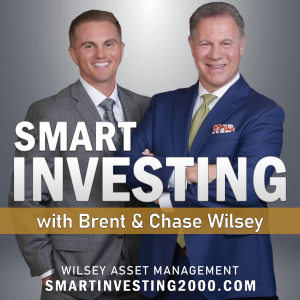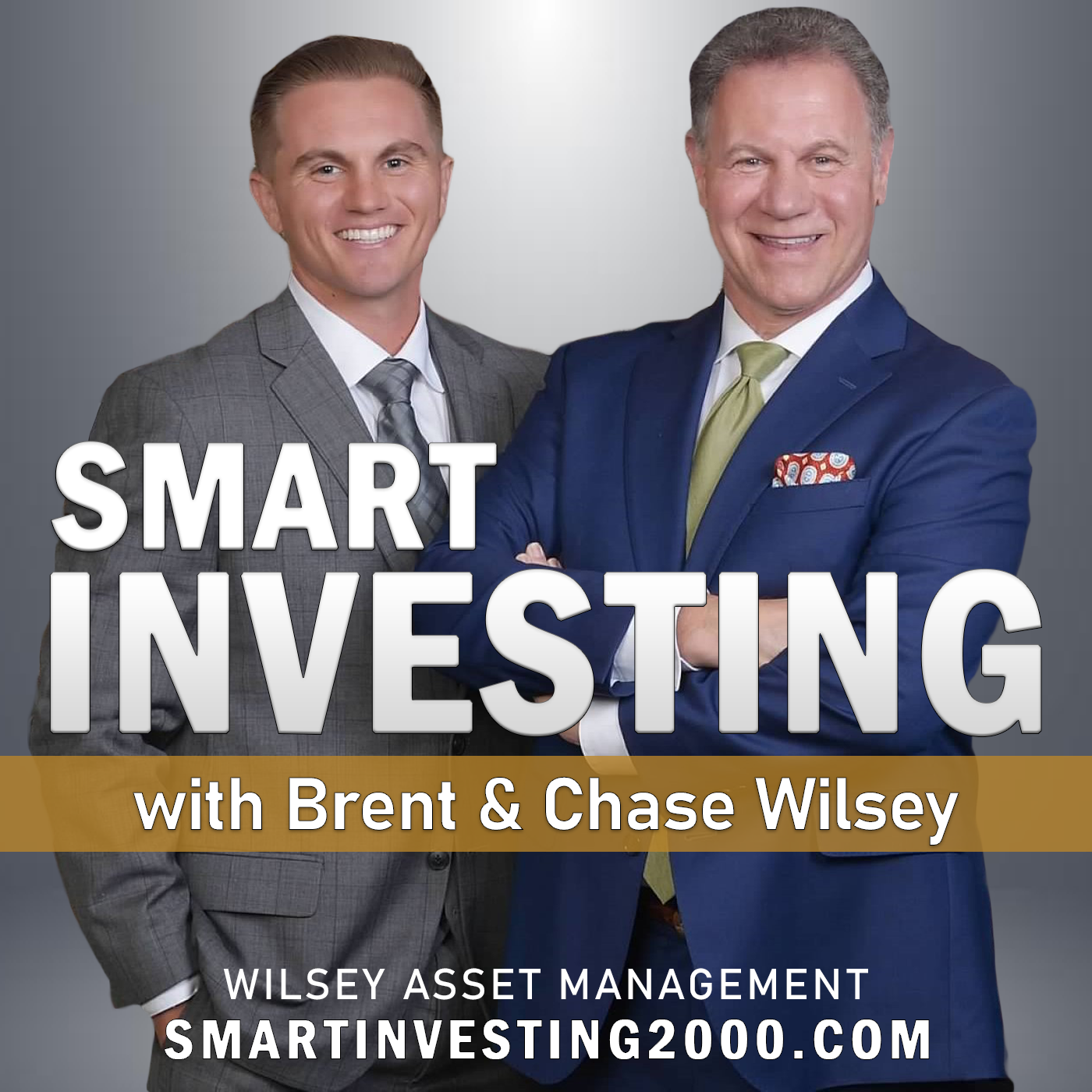Episodes

Friday May 30, 2025
Friday May 30, 2025
First Time Homebuyers Hit a Record Low
With the high cost of housing and higher interest rates, people trying to get their first home dropped to a record low around 23% in 2024. The average age of the first-time homebuyer has increased 10 years over the historical average to 38 years old. The median income is now $97,000 and the first-time home buyers are coming up with an average down payment of 9% of the value of the home. Many of these young buyers are using FHA loans, which require a very small down payment and according to research roughly 30% of all FHA mortgages have a debt service ratio of over 50%. This means more than half of these buyers’ incomes is going toward servicing debt. This could be a hard pill to swallow for young buyers with not much money left over for luxuries like vacations and new cars. However, if when they buy the home, they understand that if they really tighten their belts for the next three to four years, they will probably be fine. New home builders are doing what they can to try and get rid of the largest inventory of unsold homes on their lots since 2009. The median price of a new home is currently less than one percent higher than the median price of existing properties, which historically has seen a 17% premium. The home builders are using profits from their homes to buy down mortgages. Even though the 30-year mortgage was recently around 6.8%, home builders can buy these mortgages down which led buyers of new homes to a rate around 5%. Buying down these rates has cost home builders about 8% of the purchase price of the home. This reduces their profits but better than the alternative of sitting on unsold homes with a carrying cost for the builder. I don’t see this situation getting better anytime soon because I’m not looking for a large decrease in mortgage rates and incomes over the next year will probably increase somewhere around 3 to 4%. We continue to believe the rapid increase in the price of homes over the last few years will not last and it will now take some time to get back to normal market. Maybe we will see a better real estate market in 2027 or 2028.
Is Bitcoin coming to your 401k?
I have been concerned with bitcoin and crypto as a whole for several years for many reasons including fraud, illicit activity, and the fact that there is really no way to derive an intrinsic value for it since there is no earnings, cash flow, or anything really backing the asset class. I was disappointed to see the current Labor Department removed language that cautioned employers to exercise “extreme care” before making crypto and related investments available to their workers. They cited “serious concerns” about the prudence of exposing investors’ retirement savings to crypto given “significant risks of fraud, theft, and loss.” While this isn’t necessarily a full-on endorsement for placing crypto in 401k plans, it definitely seems like the administration is continuing on its path to try and normalize crypto as an established asset class. Even with this change in language I would be surprised to see a huge surge in cryptocurrencies within 401k plans. Ultimately, ERISA bestows a fiduciary duty on employers and company officials overseeing 401k investments and that means legally employers must put the best interests of 401(k) investors first and act prudently when choosing which investments to offer (or not offer). Given the extreme volatility within crypto I believe it would be a huge risk for these companies to offer it as it could open them up to lawsuits if there are major declines. We’ll have to see what other changes are made as time progresses, but I don’t believe crypto has any place within a 401k plan at this time.
Inflation report shows continued progress
The personal consumption expenditures price index, which is also known as PCE and is the Federal Reserve’s key inflation measure, showed an annual increase of just 2.1%. Core PCE, which excludes food and energy, showed a gain of 2.5%. Both results were 0.1% below their respective estimates. Overall, inflation has continued to cool and is now quite close to the Fed’s 2% target. The question that remains is how will tariffs ultimately impact inflation? An economist from Pantheon Macroeconomics said that he believed core PCE would peak later this year between 3.0% and 3.5%, if the current mix of tariffs remained in place. I would say it is difficult to forecast the tariff impact since we don’t know what will ultimately be passed on to the end consumer. It will definitely be interesting to see what numbers look like in the coming months, but ultimately, I believe most of the concerns around inflation are overblown and even if the rate for PCE is around 3%, I don’t see that as being problematic for the economy.
Financial Planning: What it Means to be an Accredited Investor
An accredited investor is someone who meets specific income or net worth thresholds—such as earning over $200,000 annually ($300,000 with a spouse) or having over $1 million in net worth excluding their home—and is allowed to invest in private securities offerings not registered with the SEC. These investments, which include private REITS, private equity, hedge funds, and startups, often promise high returns but carry significant risks such as illiquidity, limited transparency, and the potential for total loss. While many of these offerings are only available through fiduciary advisors—who are legally obligated to act in their clients’ best interest—investors must still exercise caution. Fiduciary duty applies only in certain contexts (such as investment advice) and may not extend to related areas like insurance or commission-based products. Additionally, what qualifies as “acting in your best interest” is often subjective and open to interpretation. Working with a fiduciary does not guarantee protection, and investors should remain vigilant, ask questions, and independently evaluate any recommendation. Also, private investments aren’t necessary better than public investments, so just because you qualify as an accredited investor doesn’t mean you should be investing in private securities.
Companies Discussed: Regeneron Pharmaceuticals, Inc. (REGN), Intuit Inc. (INTU), Target Corporation (TGT) & Toll Brothers, Inc. (TOL)


No comments yet. Be the first to say something!